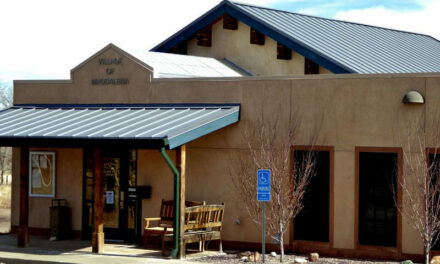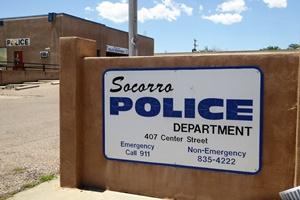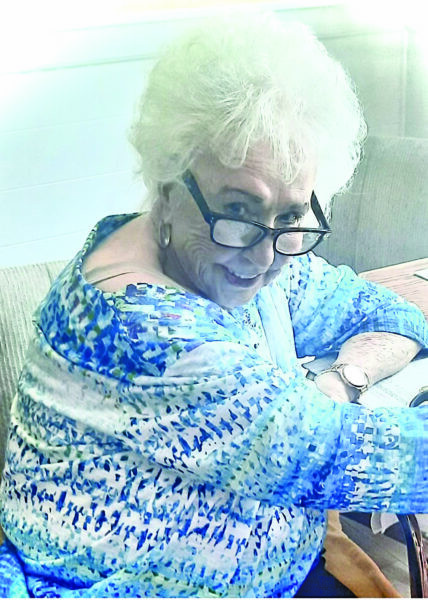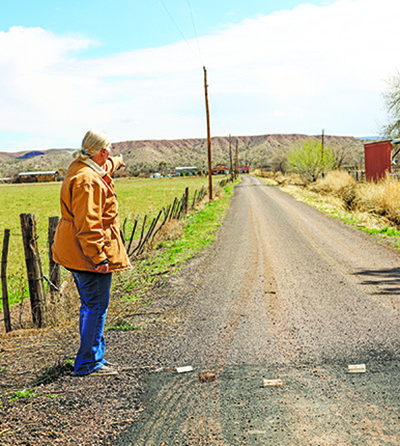Many New Mexico counties this week are experiencing at-or-near record high temperatures.
Statewide, there have been 94 heat-related visits to hospital emergency rooms from July 1 to 18.
Temperatures are forecasted to approach or exceed 100 degrees in most communities. The National Weather Service has issued heat advisories for a large portion of the state to include the Albuquerque metro area, Farmington and northwest New Mexico, Doña Ana and Otero counties, and the entire eastern third of the state from Union County all way south to Lea County. These high temperatures are expected to last in most areas through at least this Friday.
These are exactly the weather conditions where heat-related illnesses are possible, and can get serious, even deadly, very quickly if not recognized. Here is what to look for:
Heat cramps are muscle pain or spasms accompanied by heavy sweating, especially during intense exercise.
What to do: Stop any physical activity and get to a cool place. Drink water or a sports drink and wait for the cramps to go away before starting activity again. Get medical help right away if the cramps last longer than an hour, if you are on a low-sodium diet, or if you have heart problems.
Heat exhaustion appears with heavy sweating, cold, clammy skin, a fast, weak pulse, nausea or vomiting, muscle cramps, tiredness or weakness, dizziness, headache and fainting.
What to do: move to a cool place, loosen clothing, cool down with damp cloths or take a cool bath and sip water. If you are throwing up, if symptoms last longer than an hour or worsen, get medical help right away.
Heat stroke is the most serious heat-related illness and happens when the body loses its ability to sweat. Body temperature will climb (103° or higher), skin will be hot, red, and dry or damp. Pulse will be fast and strong and can be accompanied by a headache, nausea, dizziness, confusion and passing out. It is important to recognize heat stroke in others, as they may not realize the danger that they are in because of confusion.
What to do: heat stroke is a medical emergency, so call 911 right away. Try to lower the person’s body temperature with cool wet cloths or a cool bath. Do not give them anything to drink.
Consider checking on neighbors–especially those elderly–as they can be especially prone to heat-related illnesses. The Department of Health urges New Mexicans to never leave children, pets, or anyone in a parked car, even for a few minutes. Not only is it law in many cases, but the health risks rapidly become highly dangerous.
Visit https://nmtracking.doh.nm.gov/health/climate/HeatIllness.html for more details about heat-related illness.























